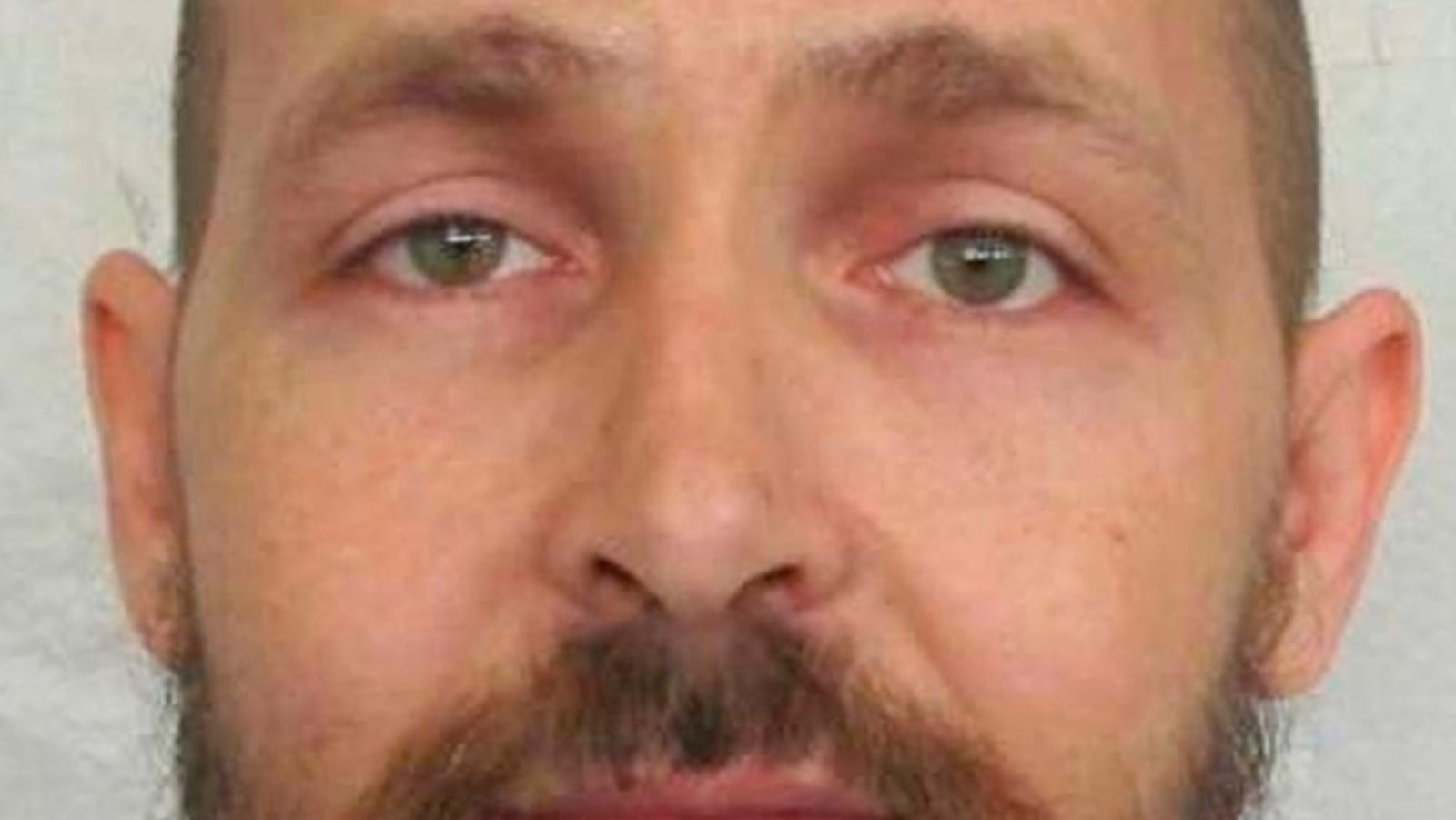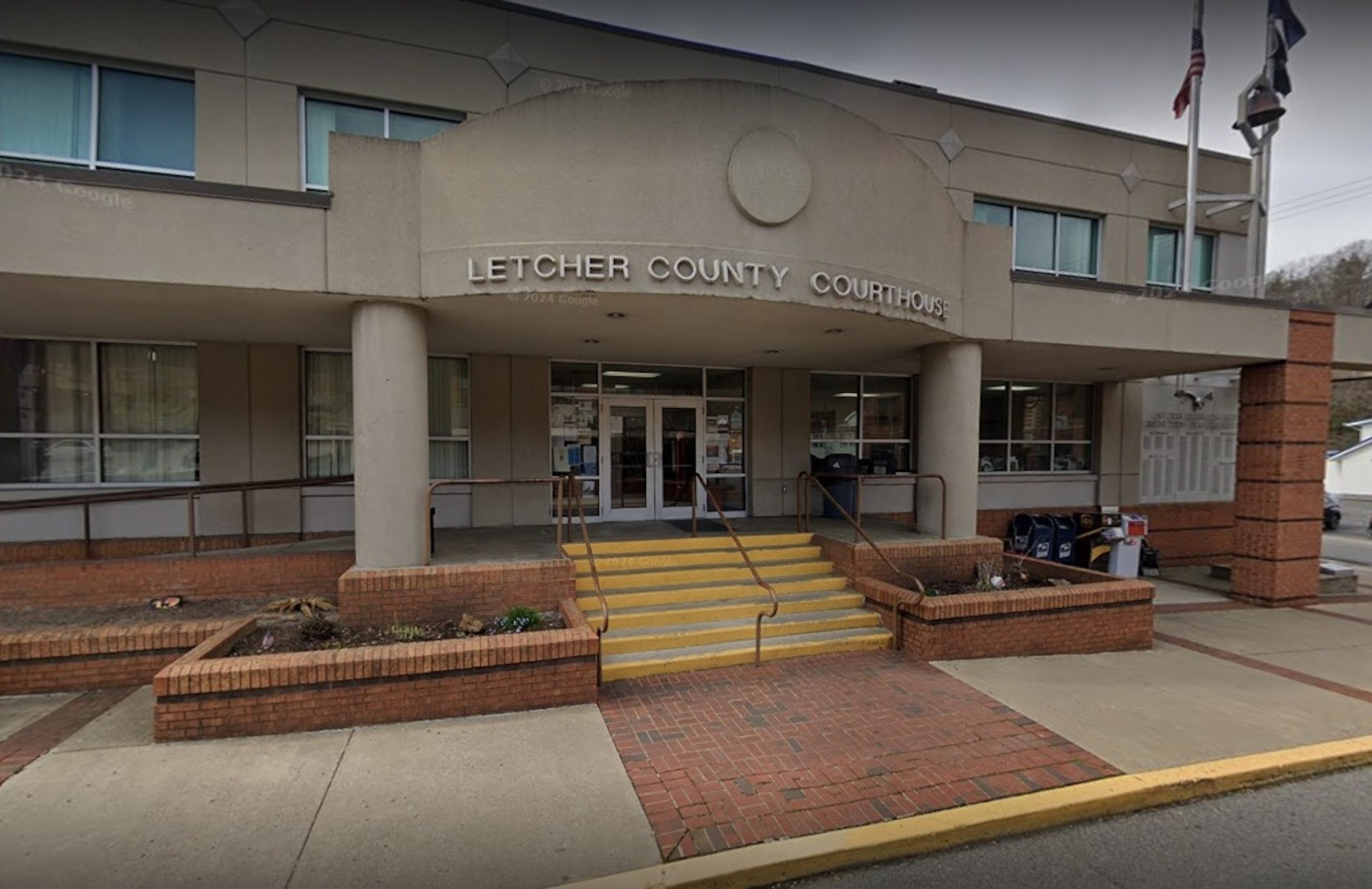
MONTGOMERY, Ala. — Lawyers for an Alabama inmate, scheduled to be executed with nitrogen gas this fall, argued in a Tuesday court filing that the state has ignored problems with the method as it seeks to carry out more nitrogen executions.
Attorneys for Carey Dale Grayson asked a federal judge to block the state from using the same nitrogen protocol that Alabama used in January to execute Kenneth Smith. The court filing cited witness descriptions of the execution and the findings of an autopsy conducted on Smith.
Alabama, after becoming the first state to carry out a nitrogen execution, has scheduled two additional executions with the new method. A second execution via nitrogen gas is set for Sept. 26 for Alan Eugene Miller. Grayson is scheduled to be executed Nov. 21.
“Rather than investigating what went wrong — as other states have done following issues with executions. Defendants have chosen to ignore clear and obvious signs the current protocol contains major problems that will result in more unconstitutionally torturous executions if it continues to be employed,” attorneys for Grayson wrote in the Tuesday night court filing.
The Alabama attorney general’s office declined to comment Wednesday on the court filing but has maintained that the method is constitutional. Alabama Attorney General Steve Marshall previously described the execution as “textbook.” The state will file a response later to the request for a preliminary injunction.
Smith had blood and fluid in his lungs after his death, according to an autopsy conducted by the Alabama Department of Forensic Sciences. The state autopsy noted that his lungs when cut showed “marked congestion and edema with dark maroon blood.” It also noted that the tracheobronchial tree contained a “small amount of frothy fluid.”
An expert hired by Grayson’s legal team to review the autopsy wrote that the finding is “highly concerning.”
Dr. Brian McAlary, an anesthesiologist, wrote that it was the result of negative pressure pulmonary edema which occurs when drawing a breath is attempted against an upper airway obstruction, leading to fluid being drawn from blood vessels. He said it can also occur after strangulation or smothering with a plastic bag. He also wrote that the lack of a sedative given ahead of nitrogen gas increases the likelihood that the person will panic.
“Mr. Smith’s autopsy demonstrates what happens to the body when this panic response occurs. An individual experiencing panic and the sensation of the inability to breathe while also being denied oxygen will experience a constricted airway similar to an upper airway obstruction,” McAlary wrote.
Dr. Thomas Andrew, who retired after two decades as the chief medical examiner of New Hampshire, told The Associated Press that lung congestion is consistent with asphyxia as the mechanism of death. He said as the heart rapidly fails, “blood backs up and the lungs become quite congested.”
Andrew said he thought it was possibly a “bridge too far” to conclude there was an airway obstruction. However, he did agree that the lack of sedation could cause a person to panic.
“I think that’s a critical critique of the protocols used in this form of execution… You certainly will have a sense of the absence of oxygen, air hunger, and all of the panic and discomfort that is part and parcel of that way of dying,” Andrew said.
Alabama in 2018 authorized nitrogen gas as a new execution method. Grayson in 2018 selected it as his execution method but at the time the state had not developed a process for using it to carry out an execution.
Grayson was one of four teenagers convicted in the 1994 killing of 37-year-old Vickie Deblieux in Jefferson County. Prosecutors said Deblieux was hitchhiking from Tennessee to her mother’s home in Louisiana when four teenagers, including Grayson, offered her a ride. Prosecutors said they took her to a wooded area, attacked and beat her and threw her off a cliff. The teens later mutilated her body, prosecutors said.
Grayson is the only one of the four facing the death penalty because he was 19 at the time of the crime.
In recent years, there has been a growing debate over the use of nitrogen gas as a method of execution in the United States. While some states have already approved the use of nitrogen gas as an alternative to lethal injection, others are still in the process of considering its implementation. In Alabama, the issue has come to the forefront as lawyers for an inmate on death row are seeking to prevent his execution by nitrogen gas.
The inmate in question, whose name has not been disclosed to the public, was sentenced to death for a heinous crime committed several years ago. His lawyers argue that the use of nitrogen gas as a method of execution is unconstitutional and inhumane. They claim that there is a lack of scientific evidence to support the effectiveness and safety of this method, and that it could potentially lead to a prolonged and painful death for the inmate.
Nitrogen gas is a colorless, odorless gas that is commonly found in the Earth’s atmosphere. When inhaled in high concentrations, nitrogen gas can cause rapid unconsciousness and death by depriving the body of oxygen. Proponents of nitrogen gas as a method of execution argue that it is a more humane and painless alternative to lethal injection, which has been plagued by issues such as botched executions and drug shortages.
However, opponents of nitrogen gas point to the lack of research and testing on its use in executions. They argue that there is no guarantee that nitrogen gas will result in a quick and painless death for the inmate, and that it could potentially lead to a prolonged and agonizing death. In addition, there are concerns about the potential for human error in administering the gas, as well as the possibility of leaks or malfunctions in the equipment used.
The debate over the use of nitrogen gas as a method of execution is likely to continue in Alabama and other states across the country. As the legal battle over the inmate’s execution by nitrogen gas unfolds, it raises important questions about the ethics and morality of capital punishment. Supporters of the death penalty argue that it serves as a deterrent to crime and provides justice for victims and their families. However, opponents argue that it is a cruel and outdated practice that has no place in a civilized society.
Ultimately, the decision on whether to allow the use of nitrogen gas as a method of execution will rest with lawmakers and judges in Alabama. In the meantime, the inmate’s lawyers will continue to fight for his right to a humane and dignified death, free from unnecessary suffering and pain.


